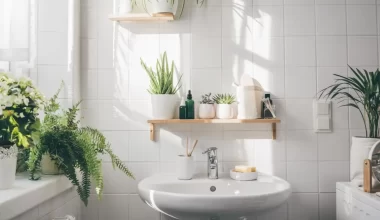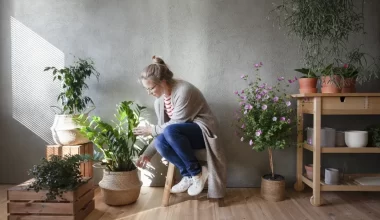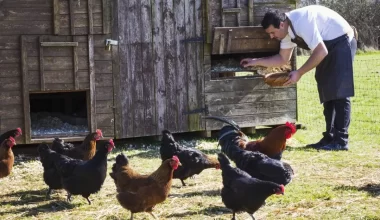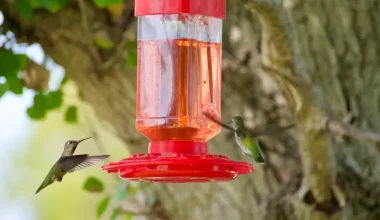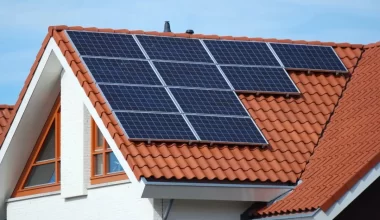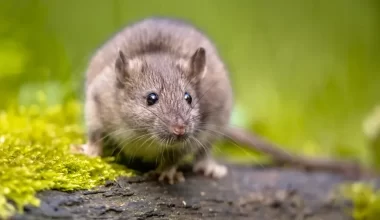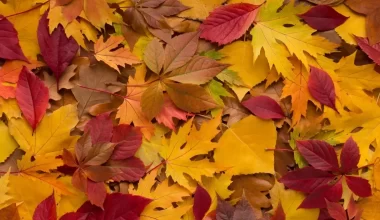Posted on Nov 29, 2023 at 6:01 pm by James A
Composting is an ecological practice that allows for the recycling of organic waste and the production of natural fertilizer for your plants.
While most green and household waste can be added to compost, there are some exceptions worth noting, such as potato peelings. You may wonder why? Discover in this article all the reasons that justify this recommendation.
Table of Contents
The main problems related to potato peelings in compost
There are several reasons why it is not advisable to add potato peelings to your compost. Here are the main ones:
- Risk of diseases: Potatoes are susceptible to diseases, such as blight, which can contaminate your compost and spread to your other plants.
- Germination: Peelings often contain eyes, small protrusions that give rise to sprouts when the potato germinates. In your compost, these eyes can sprout and give rise to a multitude of unwanted new shoots.
- Danger to wildlife: Potatoes, especially their peelings, contain glycoalkaloids, substances toxic to certain animals. Introducing these peelings into your compost can therefore pose a risk to local wildlife.
How to manage potato peelings on a daily basis?
Now that you know why you should not put potato peelings in compost, it is important to know the alternatives for managing this waste. Here are some suggestions:
- Dispose of them with household waste: The simplest solution is to throw your potato peelings away with your regular household waste.
- Use them in cooking: You can also reuse peelings in certain culinary recipes. For example, you can fry them to obtain crispy and tasty peelings chips.
- Give them to animals: Some domestic animals, such as chickens or pigs, can consume cooked potato peelings in small quantities. However, be sure to check that it does not pose any risks to the species in question.
Composting without potato peelings
To successfully compost without including potato peelings, it is important to pay attention to the types of ingredients you add. Here are some tips for a healthy and effective compost:
- Vary the waste: Alternate between green waste (vegetable peelings, grass clippings, dead leaves) and brown waste (branches, cardboard, straw) for a good compost balance.
- Aerate regularly: Regularly turn your compost to promote oxygenation and accelerate the decomposition process.
- Check the moisture: Compost that is too dry or too wet can compromise its effectiveness. Ensure that it has a moist but not waterlogged consistency.
By following these tips and avoiding the inclusion of potato peelings in your compost, you will obtain a natural and ecological fertilizer to successfully nourish your plants. So don’t hesitate to start composting if you haven’t already!

